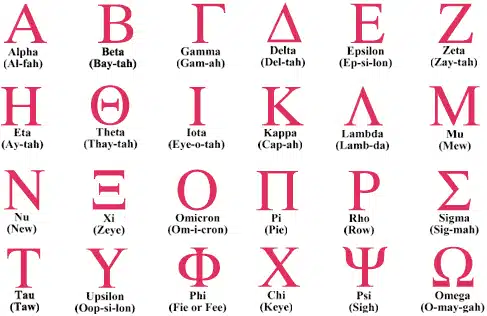Greek mythology is filled with fascinating symbols, rituals, and traditions. This explanation of Greek terms delves into the significance of ambrosia, kathiskos jars, and Deipnon offerings. Each reflects the ancient customs and beliefs that connected mortals with their gods.
Explanation of Greek Terms:
What is Ambrosia?
In Greek myths, ambrosia was the special food (or sometimes drink) of the gods. It made them live forever or for a very long time. Doves brought ambrosia to the gods on Mount Olympus, where young servants like Hebe or Ganymede served it at their big feasts.
A kathiskos
In ancient Greece, people would sometimes fill a special jar with two handles with water, olive oil, and yummy things they had at home. They would decorate the jar with white string and yellow thread. Then, they would leave this offering for a god named Zeus Ktesios. People did this hoping Zeus Ktesios would keep their home safe and make their family even richer.
Zeus Khtesios
Zeus Ktesios (Domestic Zeus) : The deity whose shrine they used to set up even in store-cupboards, as wealth-giver. KTESIOS (Ctesius) was the spirit-protector (daimon) of the household. Ktesios and Soter (father of Ktesios) were also cult titles of the god Zeus.
Deipnon
In Ancient Greece, people had special ways to honor the goddess Hecate. They would leave her gifts of food at crossroads, where roads meet, or any other place that marked a change, like a doorway or thresholds. These offerings were called “Hecate’s suppers.”
Visit our Facebook page.

